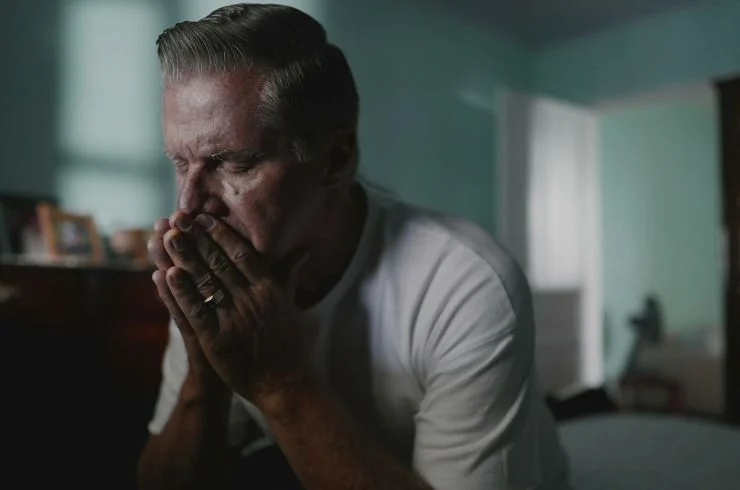Old Age Mental Disorders

Old age mental disorders refer to a variety of psychological and cognitive conditions that commonly affect older adults. As people age, they may experience changes in their mental health, which can impact their quality of life. Some of the most common mental health disorders in older adults include:
Dementia: Dementia is a general term for a decline in cognitive abilities such as memory, reasoning, and communication. The most common type is Alzheimer’s disease, which involves progressive memory loss, confusion, and difficulty with everyday tasks. Dementia can also result from other conditions like vascular dementia or Parkinson’s disease.
Depression: Depression is common among older adults, but it is often underdiagnosed. Symptoms can include persistent sadness, loss of interest in activities, feelings of hopelessness, and changes in sleep or appetite. Depression in older adults can be linked to factors like isolation, chronic illness, or the loss of loved ones.
Anxiety Disorders: Older adults may experience anxiety related to health concerns, loss of independence, or fear of death. Conditions like generalized anxiety disorder (GAD) or social anxiety disorder can manifest with excessive worry, restlessness, and difficulty concentrating.
Delirium: Delirium is a sudden and severe change in mental state, often triggered by an illness, medication, or infection. Symptoms include confusion, disorientation, and difficulty focusing. It can be temporary but requires medical attention.
Sleep Disorders: Conditions like insomnia or sleep apnea are common in older adults and can exacerbate mental health problems. Poor sleep quality can contribute to depression, anxiety, and cognitive decline.
Treatment for mental disorders in older adults typically involves a combination of medication, therapy, and lifestyle changes. Early diagnosis and intervention are crucial to improving outcomes and maintaining a better quality of life.


